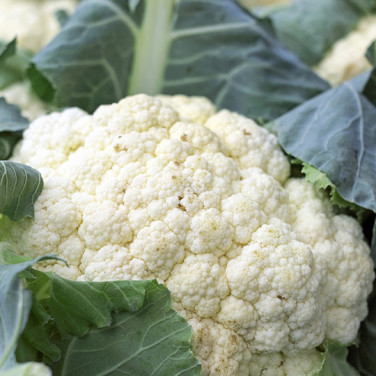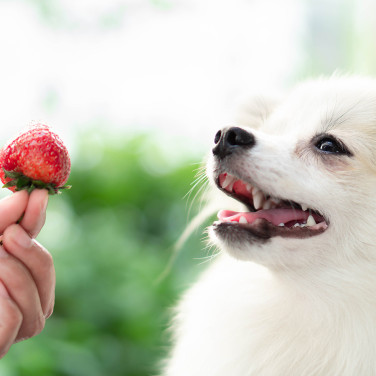FOOD
Can Dogs Eat Mayonnaise? Why You Should Avoid This Condiment
페이지 정보
본문
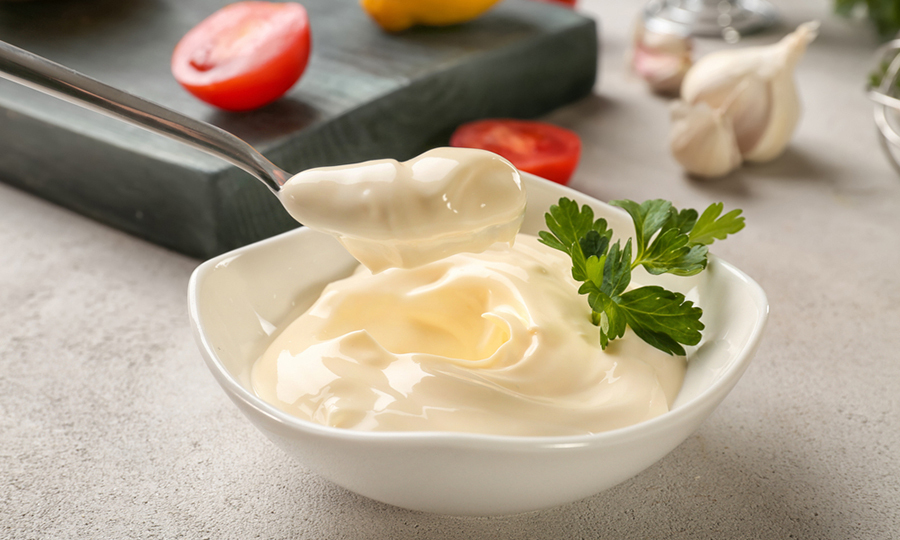
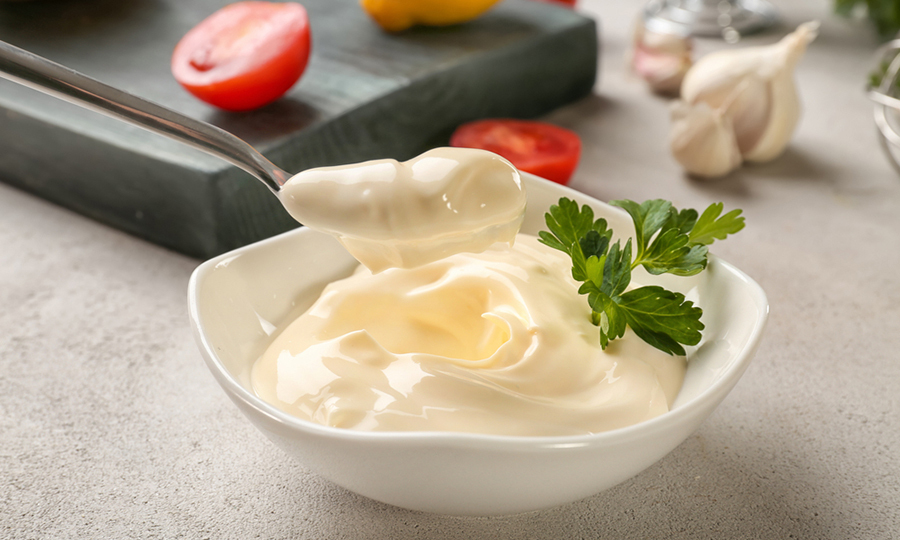
Can dogs eat mayonnaise? NO!
As a pet owner, you may have wondered once if you can share certain foods with your dog such as mayonnaise. While mayonnaise is not toxic to dogs, this condiment offers no health benefits for your dog. They can eat a small amount, but there are risks because of its high content of saturated fats. Feeding your dog mayonnaise can cause various diseases like an upset stomach, diarrhea, and even pancreatitis in the long run. It's also important to note that mayonnaise contains egg yolk, which can trigger allergic reactions in dogs with egg allergies. While it may be fine to use mayonnaise as a flavor enhancer for those picky eaters, it is important to limit the amount of mayonnaise you feed your dog to prevent weight gain, digestive upset, and other health issues.
What is mayonnaise?
Mayonnaise is a high-fat food that typically contains a few ingredients. While there may be slight variations from brand to brand, the main ingredients found in most mayonnaise sold in supermarkets include the following.
-
Egg yolk
Mayonnaise typically contains egg yolk, which is generally considered a safe food for dogs. However, it's important to note that egg yolks are high in calories and can increase the risk of obesity in dogs if consumed in excess. While egg yolks are generally safe for dogs to eat, it's important to feed them in moderation to maintain a healthy weight for your pet.
-
Vegetable oil
Mayonnaise has a high-fat content, mainly due to the oil used in its production. The oil used in commercial mayonnaise typically includes vegetable oils like soybean or sunflower oil, as well as olive oil.
-
Salt
Mayonnaise is generally considered safe for dogs as it contains only a small amount of salt and is not a significant threat to their health.
-
Sugar
Mayonnaise does contain a small amount of sugar, which means that it is not a significant threat to your dog's health.
-
Vinegar
Vinegar is a non-toxic food for dogs.
Potential risks of feeding mayonnaise to dogs
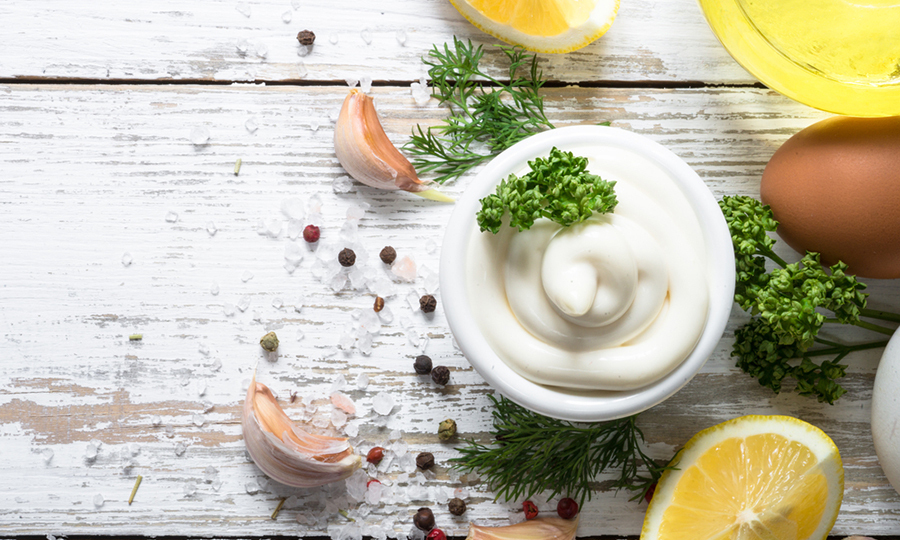
Mayonnaise is a condiment that is generally safe for dogs in small amounts, but it's crucial to be aware of the potential risks associated with feeding it to them. While mayonnaise doesn't contain any toxic substances, commercial brands may have additives and ingredients that are not safe for dogs, such as onion and garlic powder, which can be toxic in large amounts. Mayonnaise is high in fat and calories, which can lead to weight gain and obesity in dogs. One tablespoon of mayonnaise contains 10 grams of fat, which is more than the recommended daily intake for adult dogs. Overfeeding mayonnaise can also lead to digestive upset and even pancreatitis, which can be life-threatening. Therefore, it's important to monitor the amount of mayonnaise and other high-fat foods that you give to your pet to prevent obesity and related diseases.
Food allergy
When introducing new food to puppies, there is always a possibility of an allergic reaction. It is important to feed a very small amount and monitor for any signs of an allergic reaction.
Signs of an allergic reaction to look out for:
- Skin problems: hives, facial swelling, itchiness
- Digestive problems: vomiting and diarrhea
- Shortness of breath
What if my dog ate some mayonnaise?
If your dog has consumed mayonnaise, it is important to take immediate action by checking the ingredient list on the mayonnaise bottle. Many commercial brands contain additives such as onion and garlic which can be harmful to dogs. These ingredients contain thiosulfate, which can lead to serious health problems in dogs. Therefore, if you suspect that your dog has ingested any toxic additive, it is essential to consult with your veterinarian right away and monitor for any abnormal symptoms.
How to safely incorporate mayonnaise for your picky eater
While it is not recommended to feed mayonnaise to dogs, it can be used as a flavor enhancer in very small amounts. If you decide to feed your dog mayonnaise, it's important to do so in moderation and with caution. Always check the ingredients and ensure that nothing toxic such as xylitol or harmful is included in the ingredients. Monitor for any digestive issues when using mayonnaise as a flavor enhancer for your picky eater.
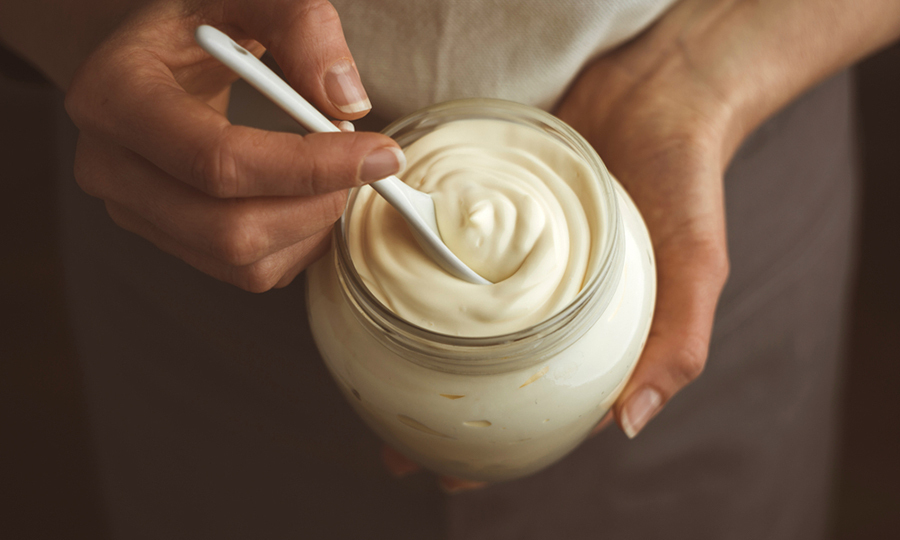
It's not recommended to feed mayonnaise to dogs due to its high-fat content, which can lead to pancreatitis and allergic reactions in certain cases. Commercial mayonnaise brands may include additives that are harmful to dogs, such as onions, garlic, or xylitol. To keep your pet safe, it's best to avoid feeding any type of mayonnaise altogether.
Curious if you can feed your dog other foods besides mayonnaise?
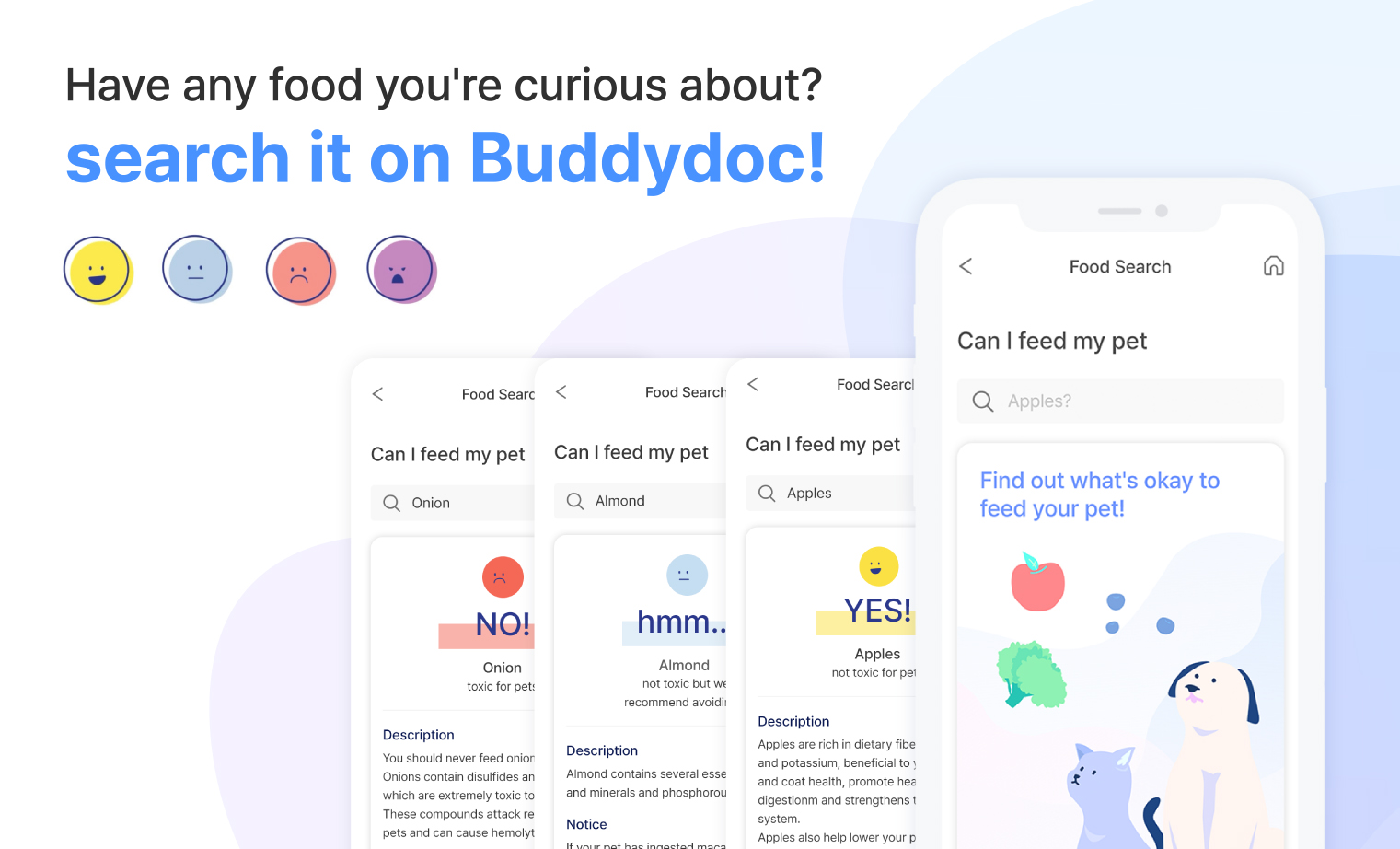
Does your dog also look up at you with those puppy dog eyes whenever you are snacking on something? You know foods like chocolates should not be shared with them but do you search the Internet every time if it’s okay to share a bite of whatever you are eating? The Buddydoc Food Dictionary provides information on hundreds of foods that we consume and informs you whether it is safe for them to consume and the nutritional benefits for your pet. If you're curious about other foods, try searching on Buddydoc!




